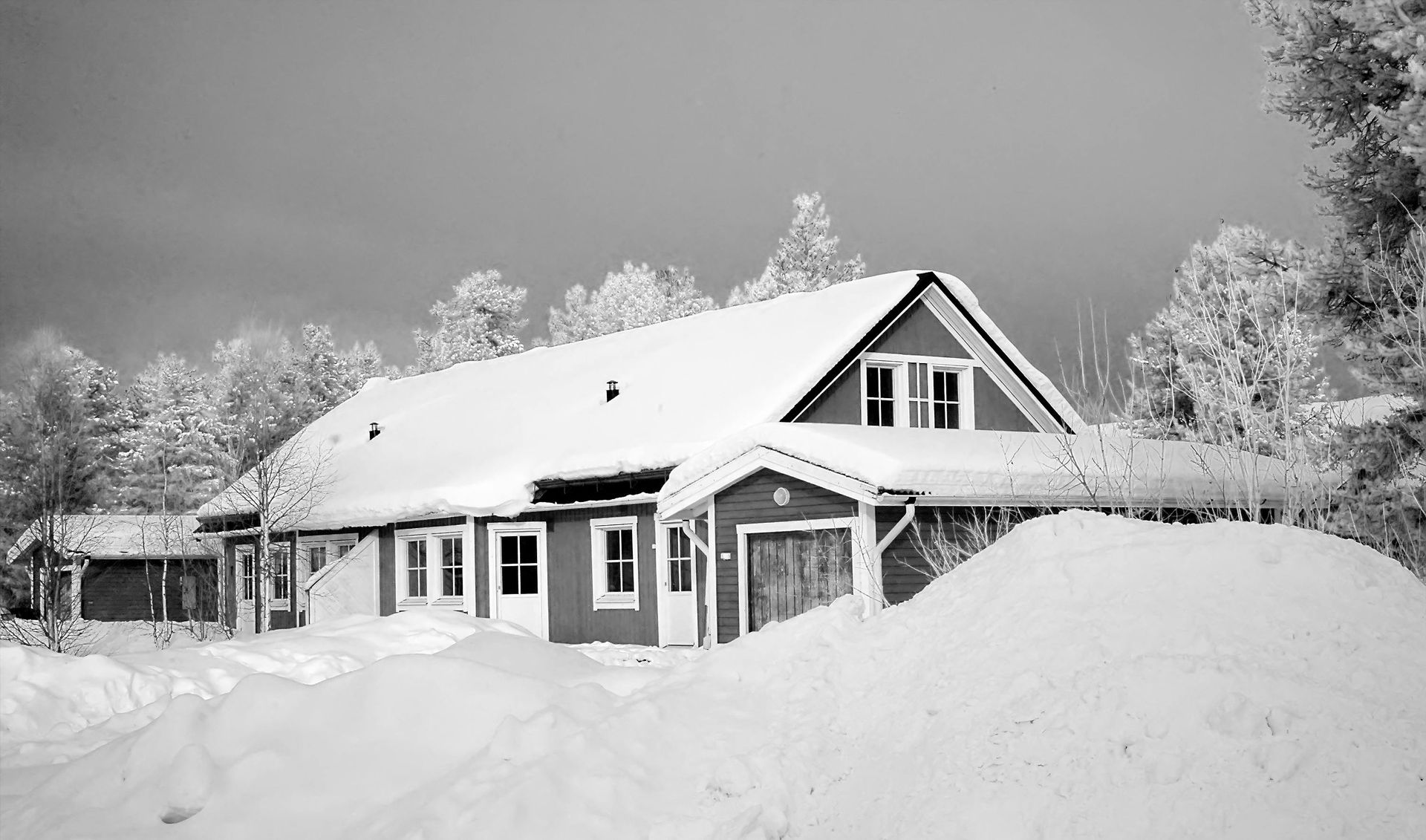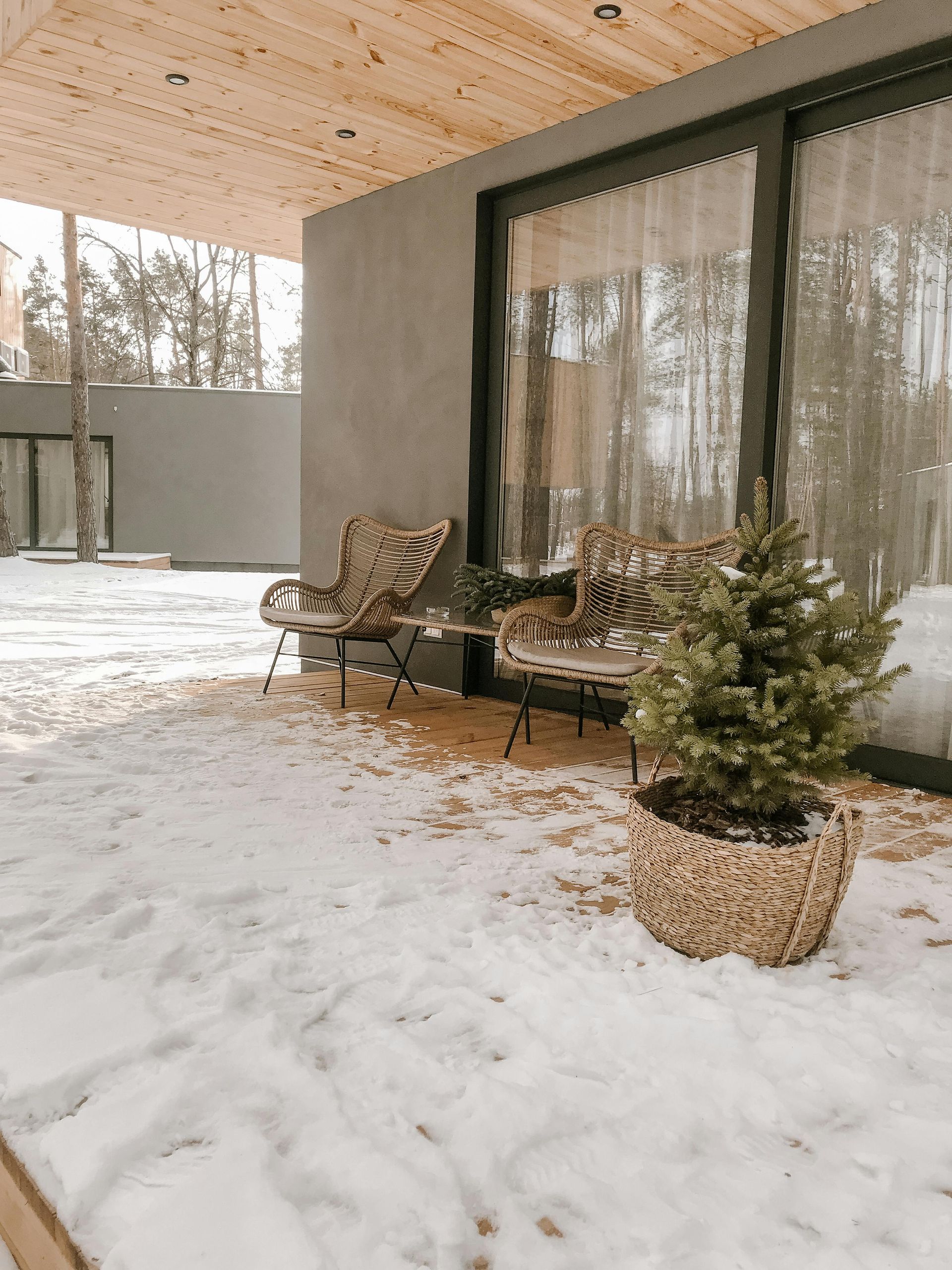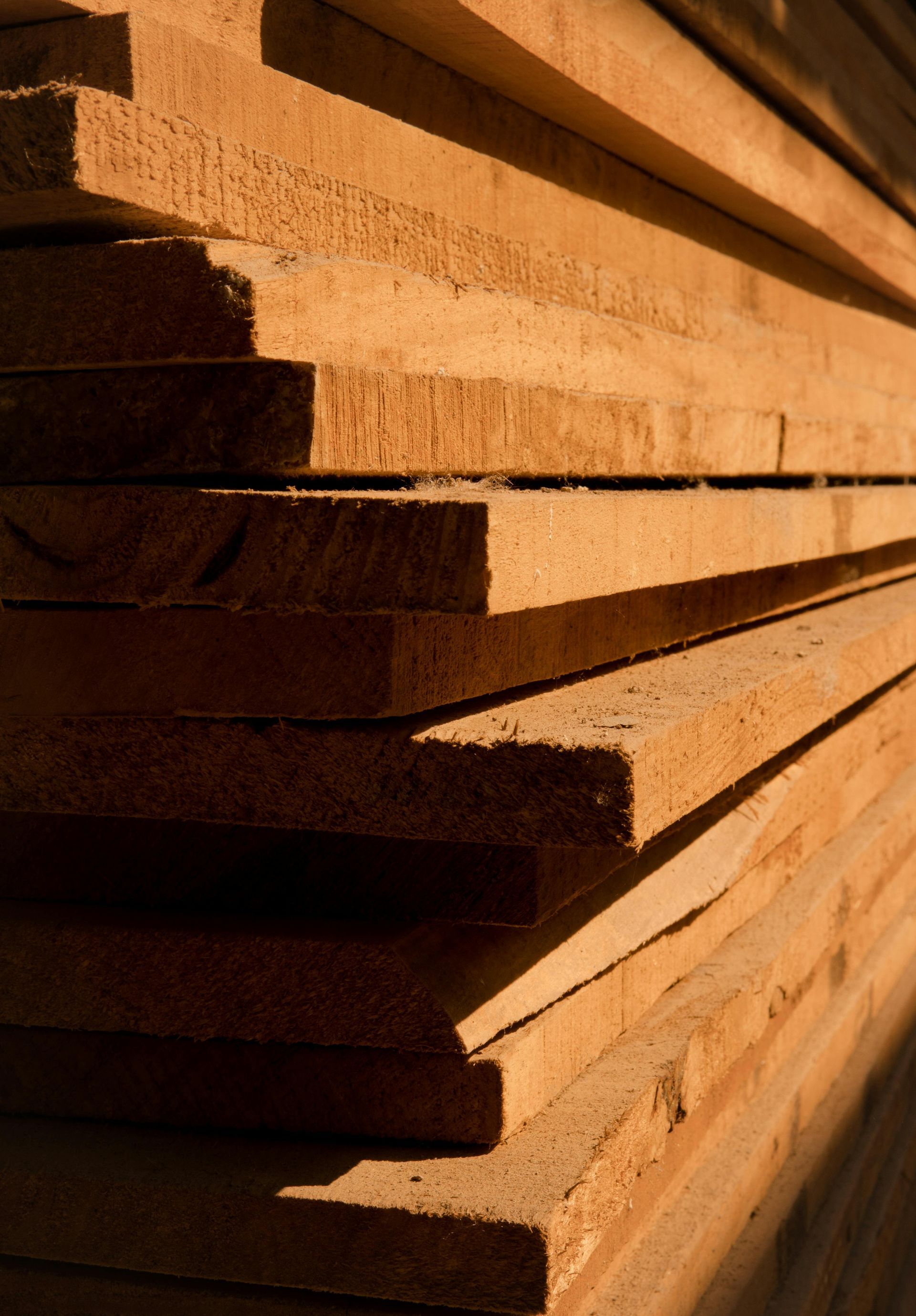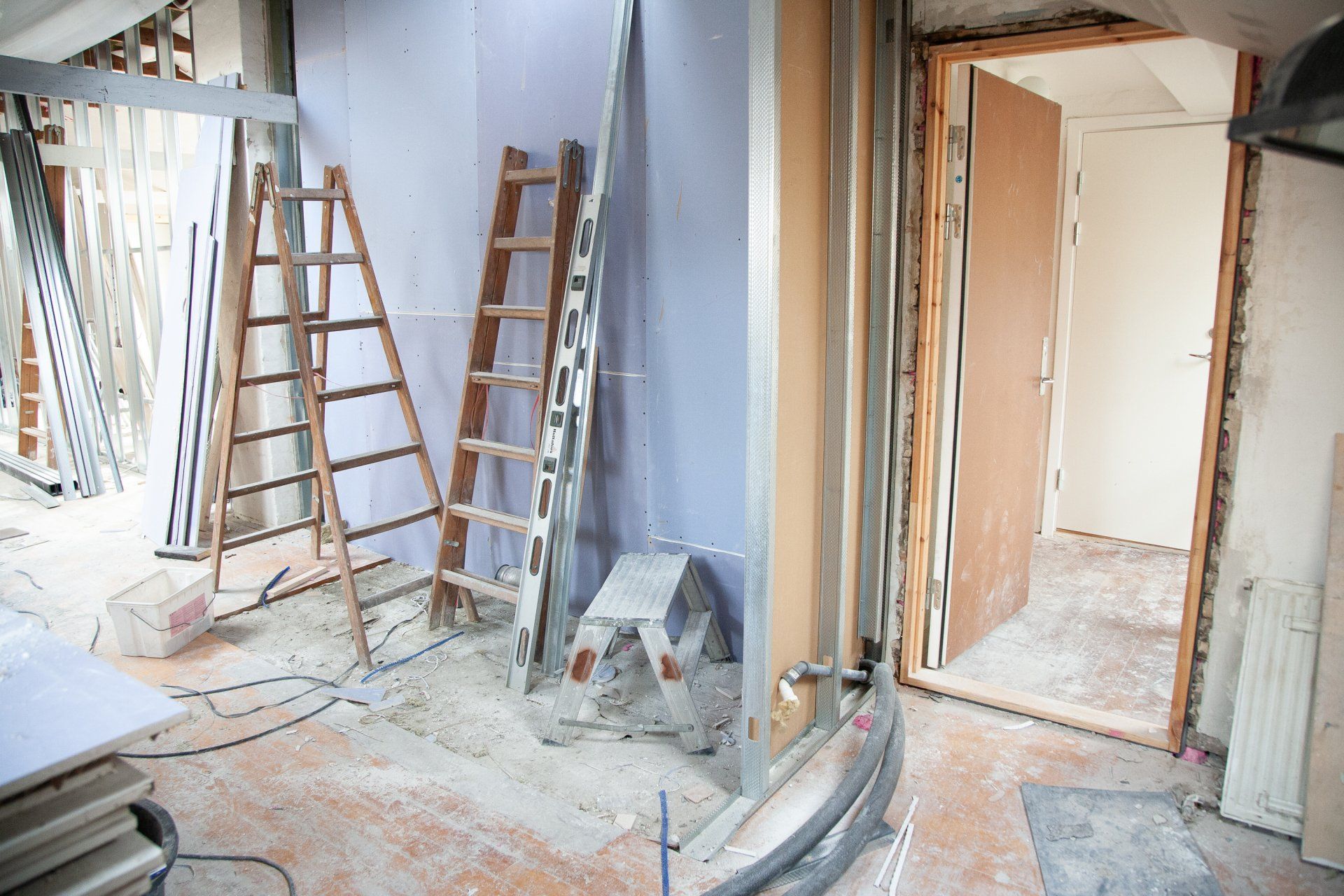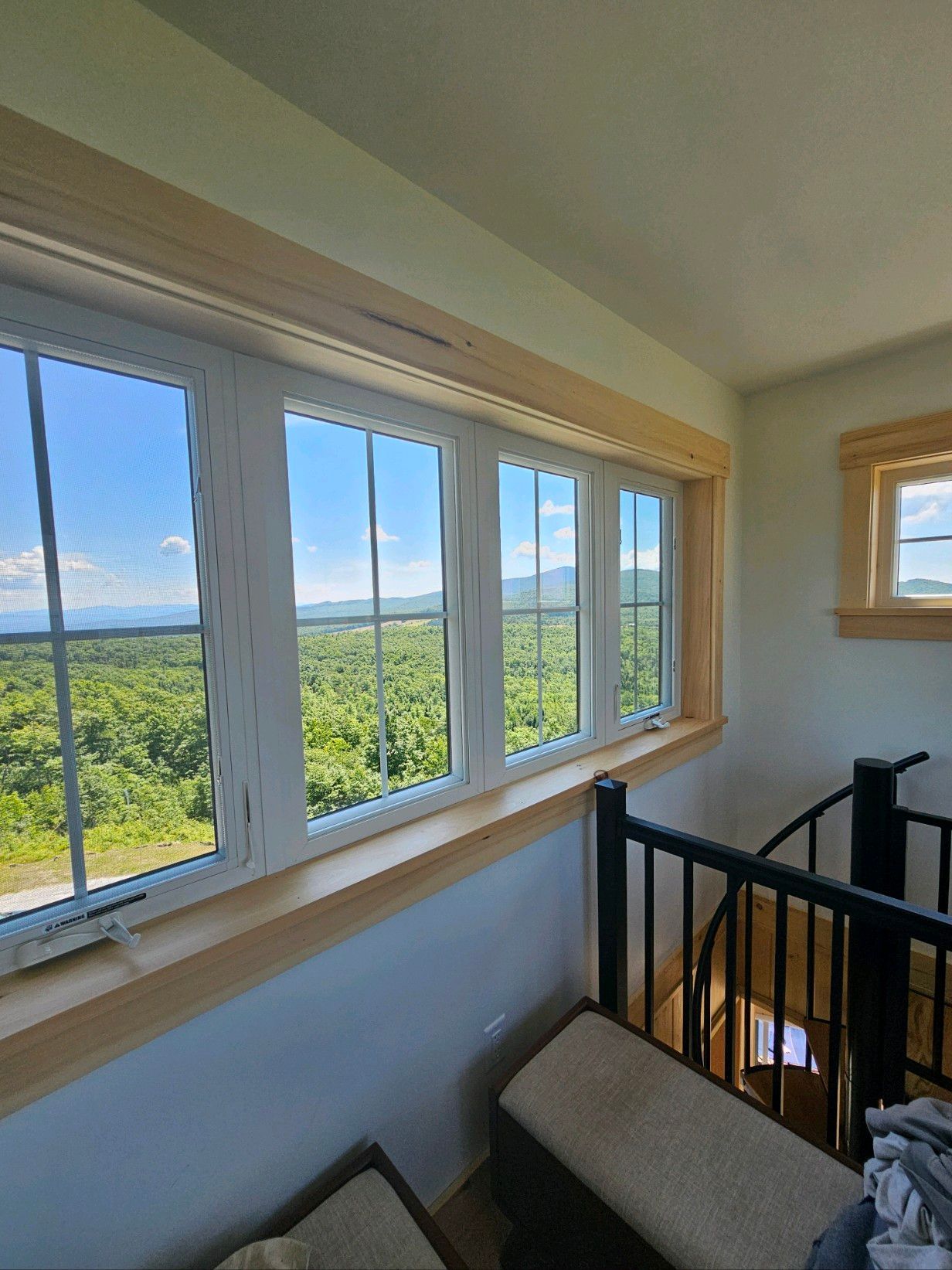What is Your Home Repair Skill Level?
Home Repair Skill Levels Explained
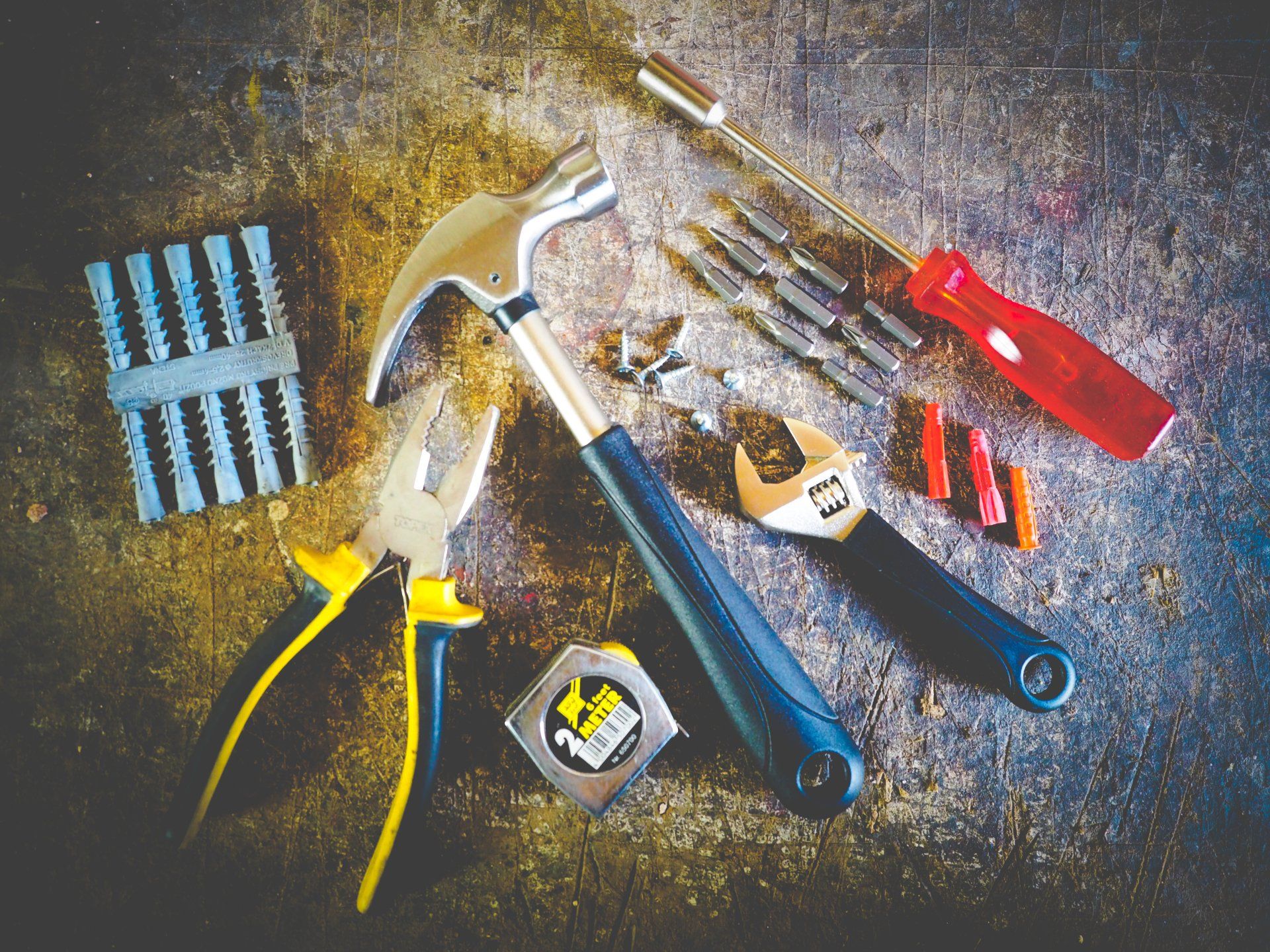
Home repairs may be fulfilling, creative, and enjoyable. You may save a lot of money and time if you have the correct set of home do-it-yourself abilities. The ability to effectively judge the difficulty of a project in proportion to your own home repair skill level, whether beginner, intermediate, or expert, is critical to successful home repairs.
The importance of safety cannot be overstated. Pushing your limitations may appear to be a good idea at first, but you could end up in over your head. Never be afraid to put a stop to any endeavor that makes you uncomfortable and get a professional to finish it for you.
| Home Repair Skill Level Examples | Beginner | Intermediate | Expert |
|---|---|---|---|
| Fix a sticking door | X | ||
| Light a pilot light | X | ||
| Install a remodel electric box | X | ||
| Build a stone wall | X | ||
| Build a floating deck | X | ||
| Install a new bathroom fan | X | ||
| Build a dog house | X |
Beginner Home Repair Skill Level:
Beginner-level home repairs require little, if any, prior experience. Beginner repairs involve a limited number of corded or cordless electric instruments, as well as popular, inexpensive hand tools that many households already own, such as hammers and hand saws. Beginner projects can normally be done in a day, and in some cases, in as little as an hour or two.
As a newbie, you might not have any prior experience. In most cases, though, you already have abilities like hand-sawing wood, using a cordless drill, painting with a roller and brush, and pounding a nail by hand. Beginner-level repairs aren't too physically demanding, with a maximum personal lift requirement of roughly 50 pounds being the usual.
You might have recently purchased your first home as a novice home repairer. You might not have had many opportunity to practice your repair abilities in the past. You could also be a long-time homeowner who has decided to do more repairs oneself due to unforeseen circumstances. Projects at the intermediate and expert levels, such as building a deck or removing a load-bearing wall, may appear intimidating, but you are intrigued and eager to master new abilities. While safety should always be a priority, you may rest easy knowing that novice level repairs are often safer than intermediate or expert level repairs.
Beginner Home Projects Examples:
- Painting for the interior
- repairing drywall holes
- Changing the light in the ceiling
- Repairing gaps in concrete patios
- Repairing drywall nail pops
- Repairing a squeaky door
- A pilot light that has been extinguished must be re-lit.
- Creating a bathroom design
- A bathroom fan grille has to be replaced.
Intermediate Home Repair Skill Level:
Intermediate-level home repair skills are defined as those that straddle the line between beginner and expert, with ever-changing circumstances such as timing, budget, physical strength, and the capacity to assemble a team of helpers tilting the scale in either direction. Some approved work may be included in intermediate-level repairs. At this level, repairs can take days or weeks. If specialized or niche instruments are necessary, they are usually inexpensive and simple to procure. It's not always easy to tell the difference between intermediate and expert projects, especially when intermediate-level homeowners might wish to push their skills a little farther to save money.
Intermediate home repair skills include all of the beginner's skills as well as familiarity with a variety of electric power tools. You might possibly have some basic understanding of electrical and plumbing systems. Tasks requiring more than 50 pounds of lifting, especially for lengthy periods of time, fall under this skill category.
Basic repair skills are already second nature to you as a person with intermediate home repair skills. You have a complete set of hand tools and are working on assembling a good collection of high-quality power tools. You're ready and eager to take on more ambitious projects that require professional knowledge. You place a premium on safety and adhere to strict safety protocols at all times.
Intermediate Home Projects Examples:
- Painting the outside of the house
- Sanding the floor
- Replacement of the toilet
- Changing out an electrical outlet
- Creating a ground-level floating deck
- constructing a retaining wall
- Hardwood floor refinishing
- A new circuit breaker is being installed.
Expert Home Repair Skill Level
The expert home repair skill level spans virtually the whole spectrum of home repair abilities. Many of the jobs at this level are also completed by professionals who are certified or licensed, such as electricians and plumbers. Frequently, codes, permits, and zoning are involved. Wet tile saws and PEX crimpers, for example, are pricey, specialized instruments that have little utility with other tasks. Expert-level abilities are frequently applied to hazardous undertakings, such as installing new circuits in electric utility panels. At this level, projects can take weeks or months to complete.
You have experience with most jobs at the basic and intermediate levels as an expert-level do-it-yourselfer. You can operate almost any conventional electric power tool, as well as specialist tools like electric nailers, powder-actuated nailers, and rotary levels.
You may have already bought a home and are remodeling it for the second or third time. You may be interested in buying and selling houses for a profit. You've been doing house repairs and upgrades for years rather than months, and you've remodeled entire rooms by yourself or with a partner, giving you a broad variety of talents in home repair and remodeling. The expert skill level is frequently defined using a scale. If changing a toilet is an intermediate task, replacing a toilet along with a slew of other challenging tasks that make up a full bathroom redesign is an expert task.
Expert Home Projects Examples:
- Remodeling a bathroom
- Remodeling a kitchen
- constructing a raised deck
- The roof must be replaced.
- Replacement of the water heater
- Taking down a load-bearing wall
Licensed Contractors and Specialty Tradespeople
General contractors and tradesmen who work with electrical, HVAC, and plumbing systems must be licensed in most areas. Specialty contract work, such as asbestos and lead-based paint removal, demolition and salvage, mold treatment, fireproofing, and landscaping, frequently necessitates separate registrations or certifications.
Licensed professionals are valuable and necessary for completing home repairs effectively and safely as a do-it-yourselfer with beginner and intermediate repair skills. Even proficient do-it-yourselfers who are skilled in some areas use specialists to complete the same activities in order to save time.


